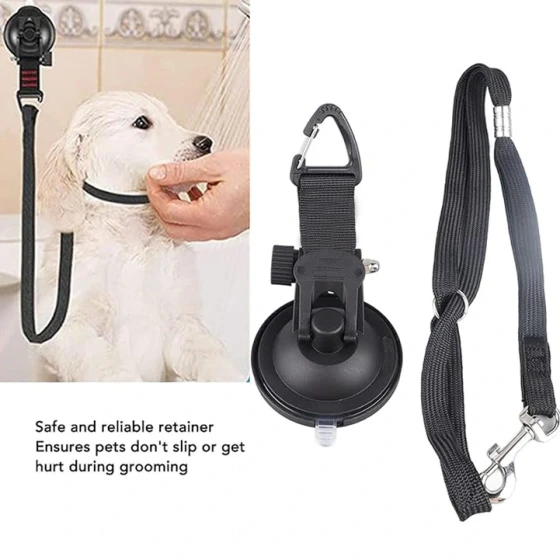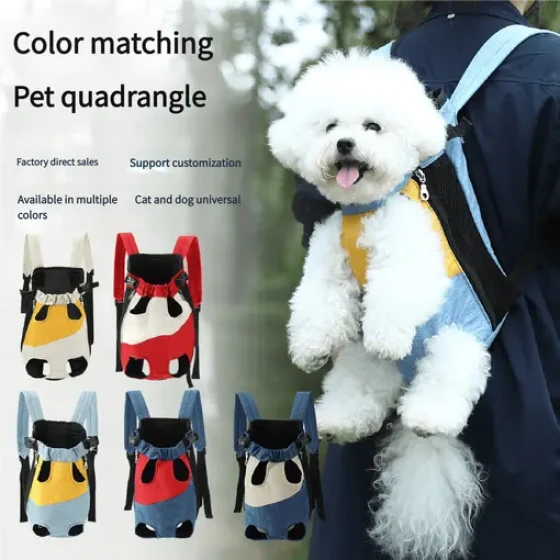What Dog Food Does Teddy Eat? Just Follow These Rules
The Teddy dog is another styling name for the Poodle. Because it closely resembles a Teddy bear in appearance, the name "Teddy dog" came about. Nowadays, many families have pets, and the Teddy dog is one of the choices. Especially women, who are very fond of this type of pet dog. The Teddy dog is not very large in size, but for its healthy growth, owners need to choose good food to feed it.
Due to supply and demand, there are various dog foods on the market. Here are several major brands recommended for you to choose from: Royal Canin, Fromm, Purina, Navarch, Beirige, Iams, etc. These professional dog foods provide targeted nutritional supplements and are specially customized for different ages, breeds, and special needs.

Different age groups have different nutritional needs, different growth conditions require different nutrition, and different dogs have different dietary preferences. Therefore, for pet dogs at home, in addition to professional dog food, a certain amount of side dishes is also needed, such as lean beef with low-fat content, lean lamb, fresh vegetables, and fruits to ensure the Teddy dog can have sufficient food intake, balanced nutrition, and healthy growth.

In addition, to supplement the nutrients such as calcium, vitamins, and trace elements that are lacking in the food, owners can also choose appropriate natural supplements. For example, calcium tablets/powder, trace element tablets, King Vitamins, etc., which can be crushed and mixed into the dog food or other prepared food.
Another point to mention is that if you want the Teddy's coat to grow shinier, you can feed some astaxanthin. Products containing natural astaxanthin are very effective for improving the coat.

Finally, some advice for owners: there are many foods that Teddy dogs should not eat, such as garlic, onions, small bones, spoiled or expired food, foods with high salt content, some seafood, large amounts of animal liver, sugar, milk, chocolate, raw/cold foods, and spicy irritants. In summary, foods suitable for humans have a ninety percent chance of being unsuitable for dogs.





